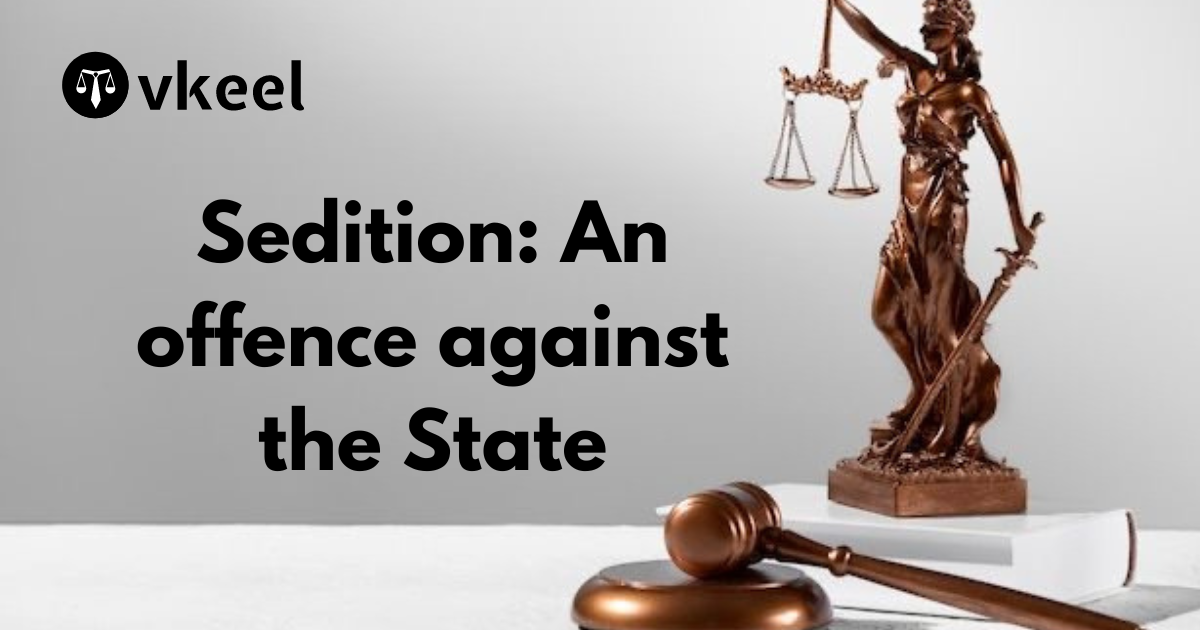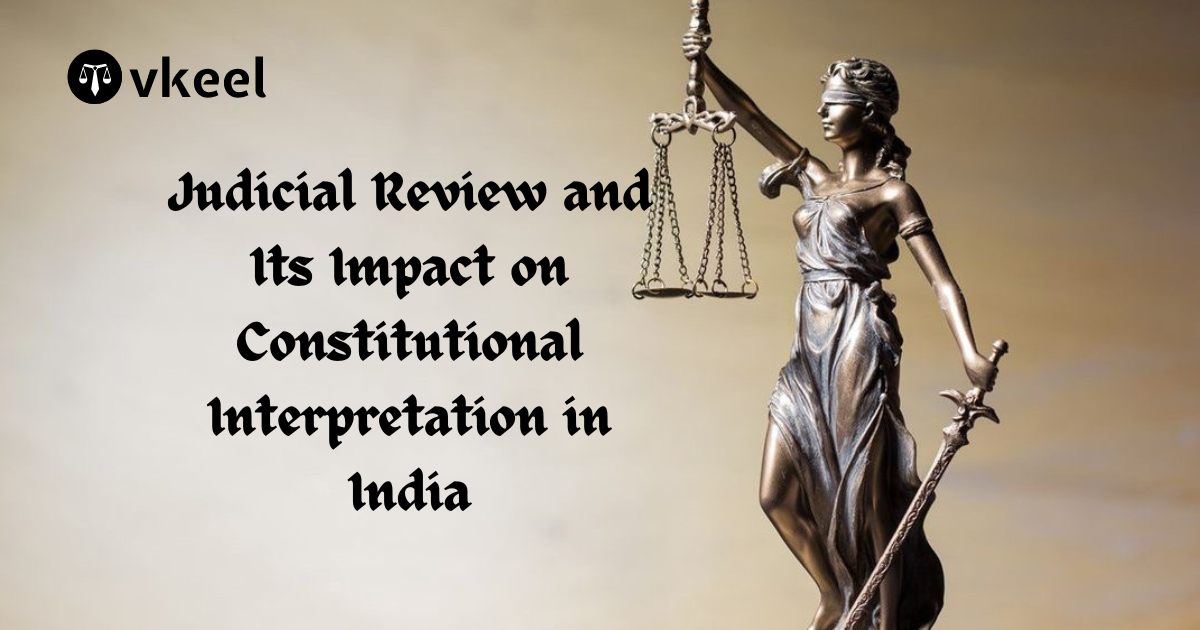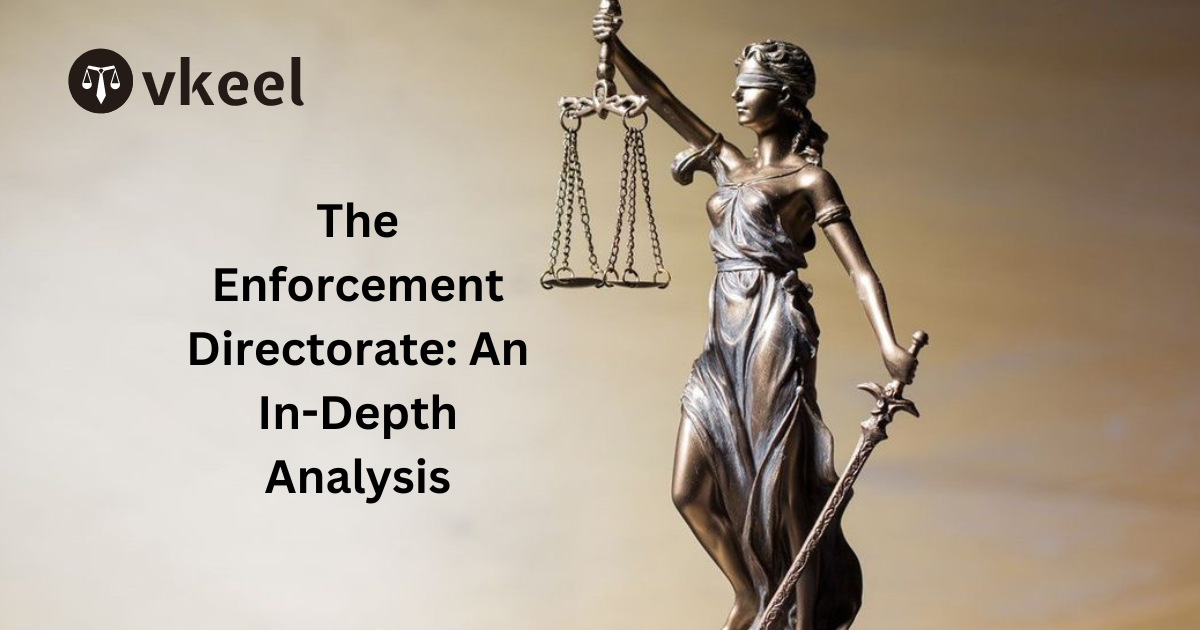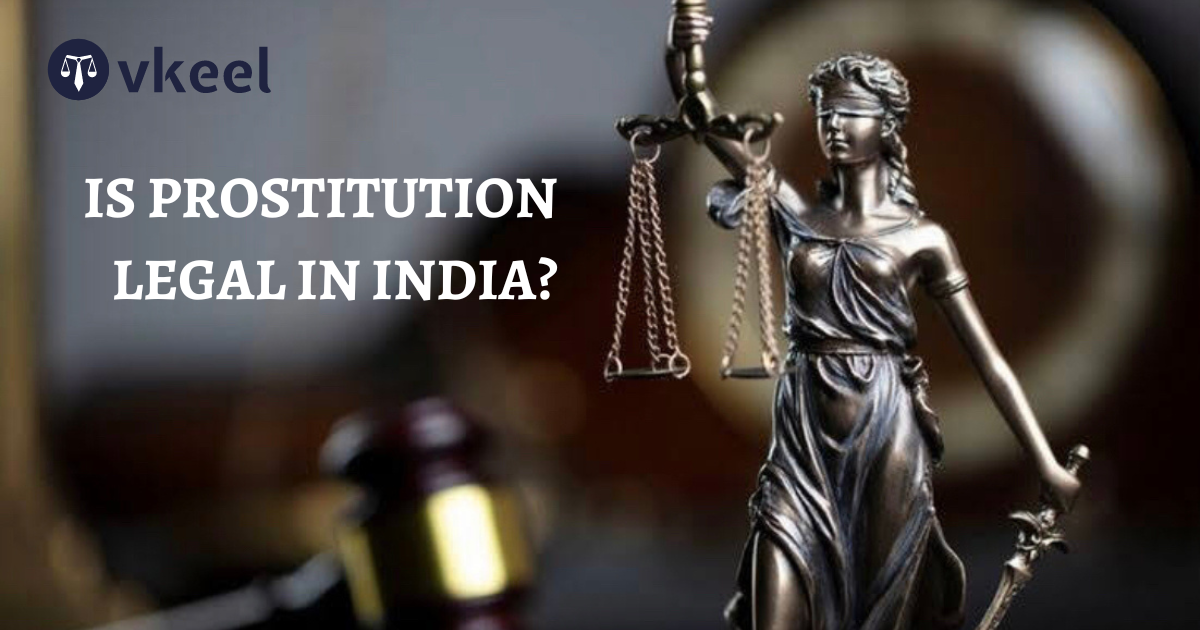Sedition: An offence against the State
By Himanshu Kumar
Table of Contents
Introduction
Sedition, a term broadly associated with acts inciting rebellion against the authority of the state, has long been a contentious issue in legal and political spheres. The concept of sedition traverses the delicate balance between safeguarding national security and protecting the right to free speech.
The primary objective of sedition laws is to safeguard the stability and integrity of the state by preventing actions and expressions that could incite public disorder, violence, or rebellion against the government. These laws are designed to deter individuals or groups from engaging in activities that might undermine the authority of the state, provoke insurrection, or threaten national security. By criminalizing speech or actions that are intended to incite hatred, contempt, or disaffection against the government, sedition laws aim to maintain public order and protect the institutional structures of governance from subversive threats.
However, the application of sedition laws must carefully balance the state’s interest in maintaining order with the protection of fundamental democratic rights, particularly freedom of speech and expression. In democratic societies, sedition laws should not be used as tools to suppress legitimate criticism, dissent, or political opposition. Instead, their objective should be narrowly tailored to address only those actions that pose a clear and present danger to public safety and national security. This balance ensures that while the state retains the necessary means to prevent genuine threats to its stability, individual liberties are not unduly compromised.
Historical Context
The roots of sedition can be traced back to ancient times when monarchies and empires sought to maintain absolute control over their territories. In medieval England, the term encompassed any speech or action that could undermine the authority of the sovereign. The infamous Star Chamber of the 16th and 17th centuries frequently prosecuted individuals for seditious speech, often leading to harsh punishments.
During the colonial era, sedition laws were instrumental in suppressing dissent. The British Empire, for instance, used sedition laws to quell uprisings and maintain control over its colonies. In the United States, the Sedition Act of 1798 made it a crime to publish “false, scandalous, and malicious writing” against the government. Though short-lived, this Act sparked a significant debate about the limits of free speech.
Legal Framework
United Kingdom
In the United Kingdom, sedition laws evolved significantly over time. Initially codified in the 17th century, these laws were used to suppress political dissent and criticism of the monarchy. The concept of “seditious libel” was prominent, where any published material deemed critical of the government could lead to prosecution. However, with the development of democratic principles and human rights, these laws were gradually repealed. The Coroners and Justice Act 2009 finally abolished the offenses of sedition and seditious libel in England and Wales, reflecting a commitment to uphold freedom of expression.
United States
In the United States, the Alien and Sedition Acts of 1798 were among the earliest legislations addressing sedition. These acts criminalized making “false statements” critical of the federal government. However, they were highly controversial and led to widespread debate over the First Amendment rights. The Acts expired in 1801, but sedition laws re-emerged during periods of national crisis, such as the Espionage Act of 1917 and the Sedition Act of 1918 during World War I. These laws were aimed at curbing anti-war activities and socialist propaganda.
India
In India, sedition is covered under Section 124A of the Indian Penal Code (IPC), which was introduced in 1870 by the British colonial government. This section defines sedition as any act or attempt to bring hatred or contempt, or excite disaffection towards the government established by law. The law was originally intended to suppress the Indian independence movement and was used against prominent leaders like Mahatma Gandhi and Bal Gangadhar Tilak.
Key Case Laws
United Kingdom
- R v. Sullivan (1868): This case is a cornerstone in understanding seditious libel. Sullivan, the editor of a newspaper, was prosecuted for publishing articles that criticized the government. The court held that any publication with the intention to incite discontent against the government was seditious.
- R v. Caunt (1949): This case further elucidated the boundaries of sedition. Caunt was charged with sedition for making speeches that were deemed to incite violence against the state. The court upheld the charges, reinforcing the notion that speech inciting violence constitutes sedition.
United States
- Schenck v. United States (1919): This landmark case involved Charles Schenck, who was convicted under the Espionage Act for distributing anti-draft leaflets during World War I. The Supreme Court upheld his conviction, establishing the “clear and present danger” test as a standard for assessing seditious speech.
- Brandenburg v. Ohio (1969): This case marked a significant shift in the legal approach to sedition in the United States. Clarence Brandenburg, a Ku Klux Klan leader, was convicted under Ohio’s criminal syndicalism law for advocating violence. The Supreme Court overturned his conviction, ruling that speech advocating illegal conduct is protected under the First Amendment unless it is likely to incite “imminent lawless action.”
India
- Queen-Empress v. Bal Gangadhar Tilak (1897): This was one of the earliest and most notable cases of sedition in India. Tilak, a prominent nationalist leader, was charged with sedition for his speeches and writings advocating for Indian self-rule. The court found him guilty, highlighting the British colonial government’s use of sedition laws to suppress the independence movement.
- Kedar Nath Singh v. State of Bihar (1962): This landmark case redefined the application of sedition laws in India. Kedar Nath Singh, a member of a political party, was convicted of sedition for criticizing the government. The Supreme Court upheld the constitutionality of Section 124A but limited its application to acts that involve incitement to violence or intention to create public disorder.
Amendments and Contemporary Relevance
United Kingdom
The abolishment of sedition laws in the UK in 2009 was a significant milestone in the context of human rights and freedom of speech. The move was widely hailed as a progressive step towards protecting individual liberties and ensuring that laws do not stifle legitimate criticism of the government.
United States
In the United States, while no specific amendments have been made to sedition laws recently, judicial interpretations have continually evolved to balance national security with free speech rights. The “clear and present danger” test established in Schenck and its refinement in Brandenburg have set a high bar for prosecuting seditious speech, ensuring robust protection for freedom of expression.
India
In India, the sedition law has faced increasing scrutiny in recent years. Critics argue that Section 124A is often misused to curb dissent and stifle free speech. The Law Commission of India, in its 2018 consultation paper, recommended a re-examination of the law to ensure it is not misused and aligns with contemporary democratic principles. Despite calls for its repeal or amendment, the law remains unchanged, with ongoing debates about its relevance and application in a democratic society.
Conclusion
Sedition laws have historically served as tools for governments to maintain authority and suppress dissent. However, their application and relevance have evolved significantly, especially in democratic societies that value free speech and human rights. Key case laws in various jurisdictions have shaped the understanding and limits of sedition, balancing the need for national security with the protection of individual liberties. While some countries have moved towards abolishing or significantly restricting sedition laws, others continue to grapple with their application and potential for misuse. The ongoing debates and legal challenges surrounding sedition highlight the need for a nuanced approach that respects democratic values and upholds the principles of justice and freedom.
Disclaimer:
The information provided in the article is for general informational purposes only, and is not intended to constitute legal advice or to be relied upon as a substitute for legal advice. Furthermore, any information contained in the article is not guaranteed to be current, complete or accurate. If you require legal advice or representation, you should contact an attorney or law firm directly. We are not responsible for any damages resulting from any reliance on the content of this website.








